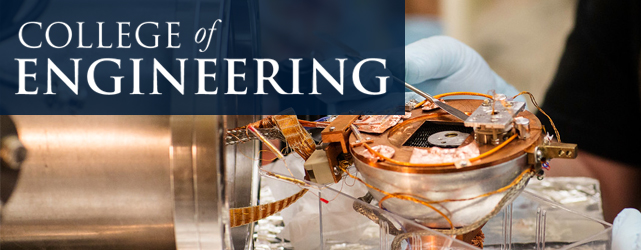Document Type
Article
Journal/Book Title/Conference
IEEE Transactions on Emerging Topics in Computing
Volume
8
Issue
4
Publisher
Institute of Electrical and Electronics Engineers
Publication Date
10-1-2020
Funder
National Science Foundation
First Page
986
Last Page
997
Abstract
In this paper, we investigate the emerging security threats at Near-Threshold Computing (NTC) that are poised to jeopardize the trustworthy operation of future low-power electronic devices. A substantial research effort over the last decade has bolstered energy efficient operation in low-power computing. However, innovation in low-power security has received only marginal attention, thwarting a ubiquitous adoption of critical Internet of Things applications, such as wearable gadgets. Using a cross-layer methodology, we demonstrate that the timing fault vulnerability of a circuit rapidly increases as the operating conditions of the transistor devices shift from super-threshold to near-threshold values. Exploiting this vulnerability, we propose a novel threat model for NTC, referred to as a Timing Fault Attack at NTC (TITAN). TITAN relies on a malicious application software to induce timing fault attacks in the underlying NTC hardware. We evaluate the efficacy of TITAN using real hardware. Additionally, we propose two security parameters that dictate the fault resilience of a system. Based on those parameters, we show a 1.6× and a 2.8× deterioration in the fault resilience of a low-power operation, over a traditional super-threshold operation. Using a GDB driven analysis, we also present different user-level impacts of TITAN, on some real-life applications.
Recommended Citation
Prabal Basu, Pramesh Pandey, Aatreyi Bal, Chidhambaranathan Rajamanikkam, Koushik Chakraborty and Sanghamitra Roy, TITAN: Uncovering the Paradigm Shift in Security Vulnerability at Near-Threshold Computing, IEEE Transactions on Emerging Topics in Computing (TETC), Issue 99, January 2018.



Comments
© 2020 IEEE. Personal use of this material is permitted. Permission from IEEE must be obtained for all other uses, in any current or future media, including reprinting/republishing this material for advertising or promotional purposes, creating new collective works, for resale or redistribution to servers or lists, or reuse of any copyrighted component of this work in other works.